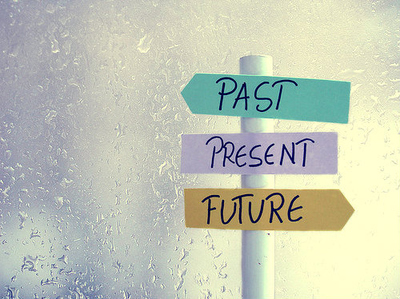“Present fears are less than horrible imaginings.”
—William Shakespeare, MacBeth, Act 1, Scene 3

Image from NoSweatShakespeare.com
William Shakespeare’s plays, poems, and sonnets have taught the world many life lessons that are still relevant today.
Through his works, he taught that love can conquer and destroy, that people trust what they cannot see, and that human ethics are easily manipulated.
In addition to the subject of love in his numerous works, he frequently included other common characteristics of society including greed, ambition, and the focus on power.
How would you imagine Shakespeare might view our current society, given that he lived during challenging times between 1564 and 1616 in England?
EXERCISE:
What are your thoughts and feelings about your own present fears versus your own imaginings?
Consider checking out the website NoSweatShakespeare.com to explore in greater depth his significant influences on our world.









